Well, that was incredibly bingeworthy. Deaf U, Netflix’s latest reality effort might just be the most informative thing to come out of the genre. The series, which is set at Gallaudet University, a private college in Washington, D.C. for hard-of-hearing students, is a fascinating snapshot of the diversity that exists within the deaf community. Popular culture has always been rather limiting it in its representations of deaf people. Whether in The West Wing, or A Quiet Place, or Creed, characters who are hard of hearing are only ever seen by way of those who can hear. They are the always the odd ones out, their “disability” setting them apart from everyone else on screen.
I might be wrong, but Deaf U feels like the first mainstream attempt at taking us this deeply into the world of the hearing-impaired. Here, we are the outsiders. Theirs is a world that many of us would have likely never encountered, not in this detail. And we experience it through these eight episodes, for the first time, through their point of view. It was very entertaining and unexpectedly enlightening.
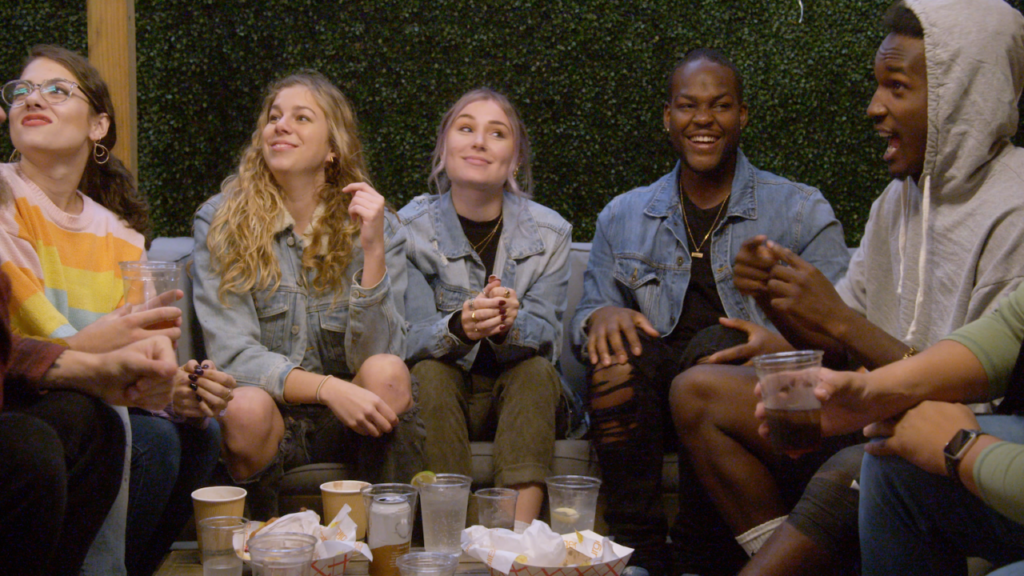
As humans, we have an inescapable tendency to categorise people into social groups. Sometimes it’s “us and them.” At other times it’s “us versus them.” On one end of the spectrum, it is a mentality that can drive ambition and create positive competition. It can strengthen group identity and result in actual empowerment. On the other end of the spectrum, however, it can also be insular, isolating, hurtful, and paralysing. In Deaf U we witness the entire range of this spectrum play out.
On the face of it, these stories are no different from the ones we see on any other reality show. The six individuals whom we follow throughout this season are, after all, navigating the very same challenges that make this kind of voyeurism such compelling television. Love and heartbreak. Secrets and lies. Struggling to belong in a world that sees you as something different. Us and them.
That said, Deaf U doesn’t fall prey to the usual tropey stereotypes of reality TV. Yes, important information is dished out slowly and methodically. Yes, every episode ends on a cliffhanger. Yes, there is the usual drama that comes with being a young, single, beautiful co-ed – being deaf and horny aren’t mutually exclusive. But the series is chock-full of so many small eye-opening insights that it still manages to come across as fresh.
I had never considered the impossibility of being intimate with a loved one and talking at the same time. You can either cuddle or sign. You can’t do both. Neither can you gossip with your girlfriends while having a manicure. I don’t even pay attention to where a waiter at a restaurant would place the jug of water on my table, but to a deaf person, that can be a mindlessly inconsiderate act.
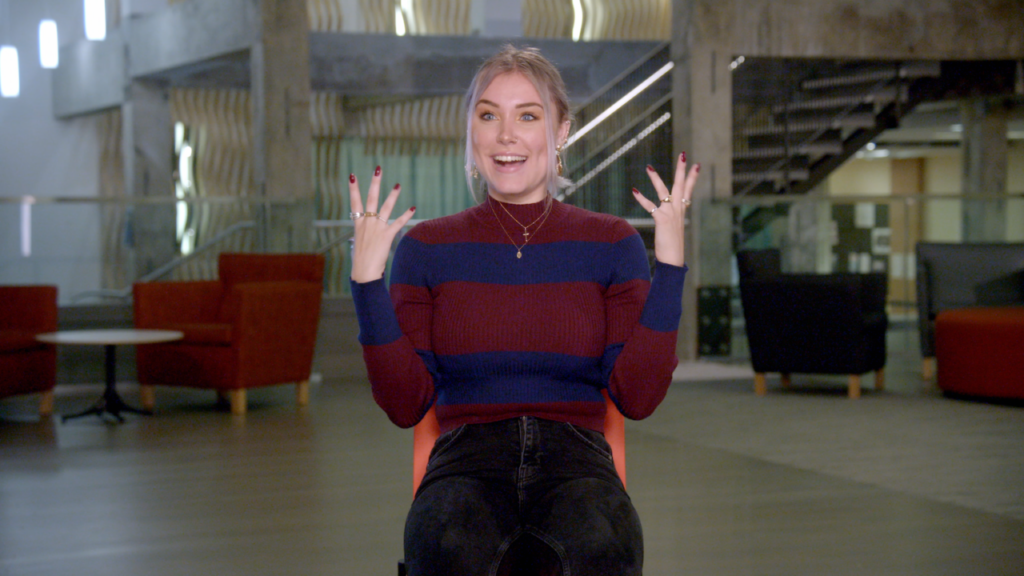
The most intriguing thing for me were the social hierarchies that exist within the deaf community. These microcosms are a great shorthand to highlight how diverse their world actually is.
The biggest conflict, however, seems to exist between the group who call themselves the “Deaf Elite” and everyone else. The “Elite” being a clique of men and women who come from families where there are generations of deafness, who speak ASL as their first language, have only ever attended deaf schools, and are often affluent. Their “us versus them” exceptionalism doesn’t just extend to the hearing world, but also towards anyone who isn’t like them.
Cheyenna Clearbrook, for example, is a blue-eyed blonde Instagram influencer who is constantly sniped at by the “Deaf Elite” for trying too hard to fit into the the hearing world. Daequan Taylor, who is only partially deaf, complains about how he is criticised for choosing to speak and not use sign language all the time.
It makes for an interesting source of drama. Yes, it is a dynamic that exists within every community – questions of being Indian enough, or Black enough, or liberal enough overrun our public discourse – but watching it play out in Deaf U supports – even normalises – the fact that those with disabilities are no different from those without. And anything that reinforces that notion, as clichéd as it might be, is a good thing in my book.
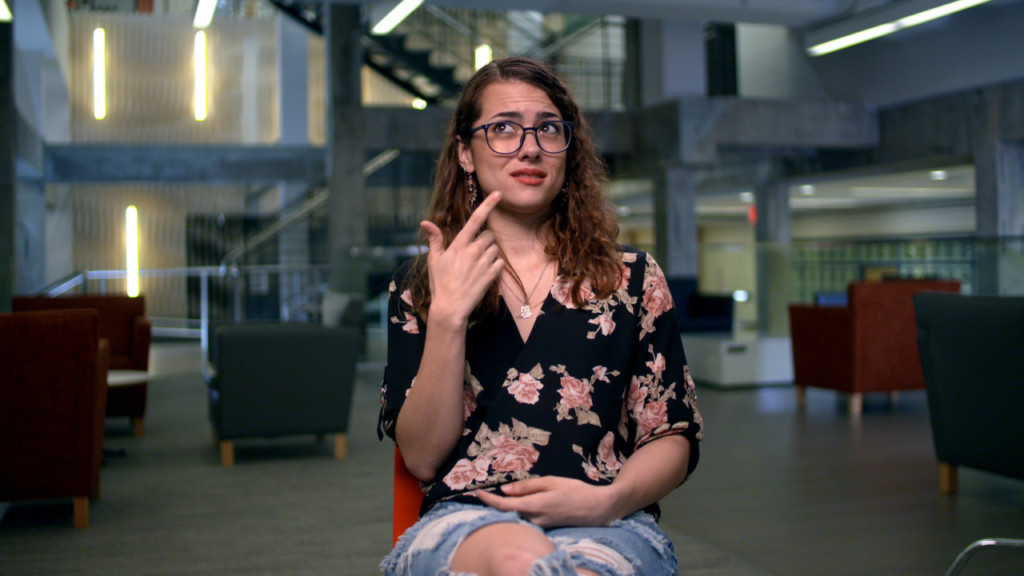
The production decisions on Deaf U are also what make it work so well. These episodes, which run between 16 and 21 minutes, are tight and pacy. And despite being so short, I never once felt like I wasn’t given enough time to get to know these individuals.
There aren’t really any story arcs here. The producers didn’t feel the need to force a narrative. Instead, all we do is spend some time with these people. We just waft in and out of their lives. Watching them communicate. Learning from them as they navigate the same difficulties as everyone else.
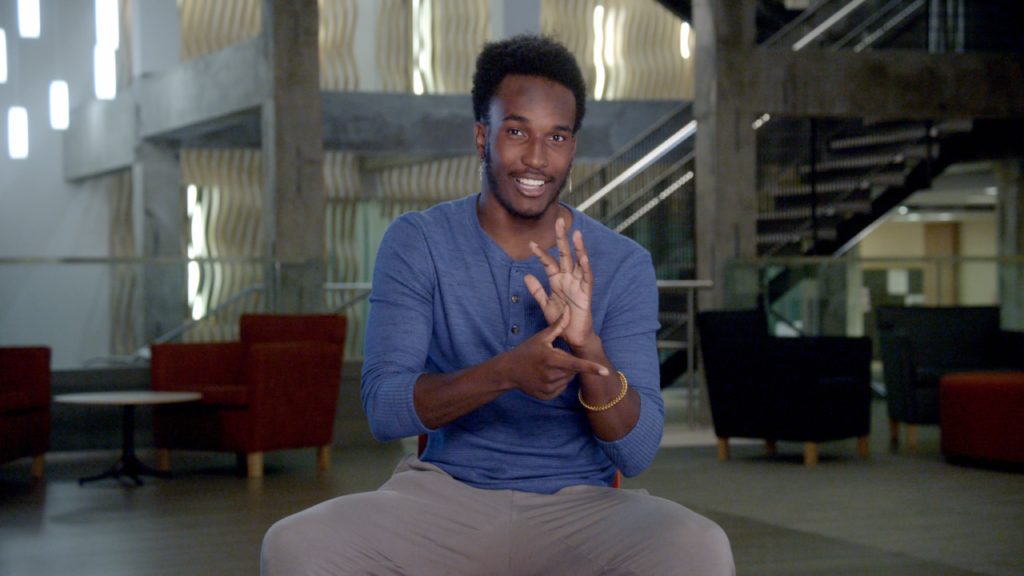
Deaf U isn’t perfect. Six people can’t possibly speak for an entire community. And I for one would love a second season that features women of colour or members of the Latinx community. I would love to know how the recently deaf cope with straddling both these worlds. I’m curious as to what deaf schooling is actually like at Gallaudet.
Deaf U isn’t perfect. But it’s a damn good start.
Deaf U
Netflix, Season 1, 8 episodes
Creator: Nyle DiMarco
Cast: Cheyenna Clearbrook, Rodney Burford, Tessa Lewis, Alexa Paulay-Simmons, Renate Rose, Daequan Taylor, and Dalton Taylor

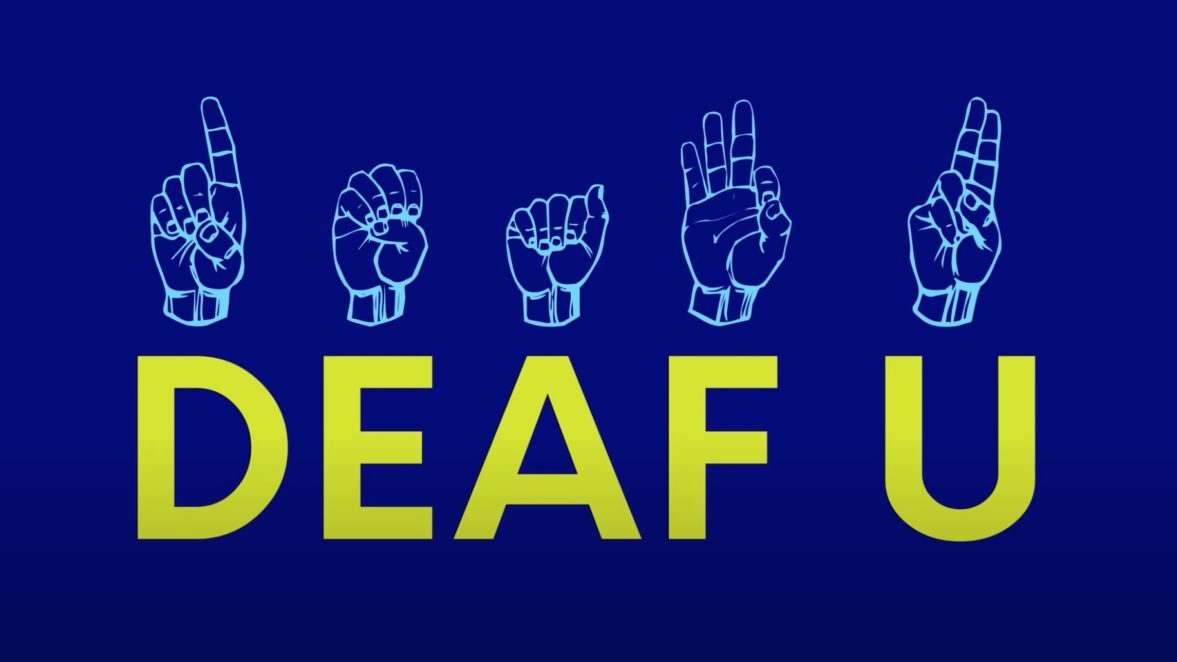


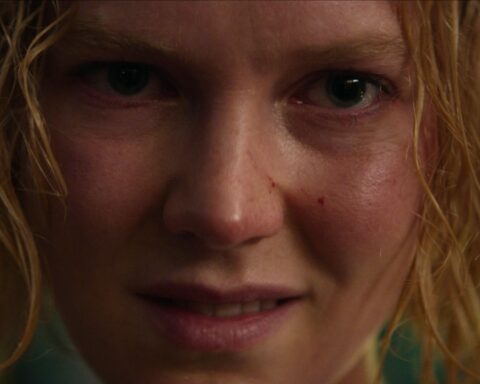

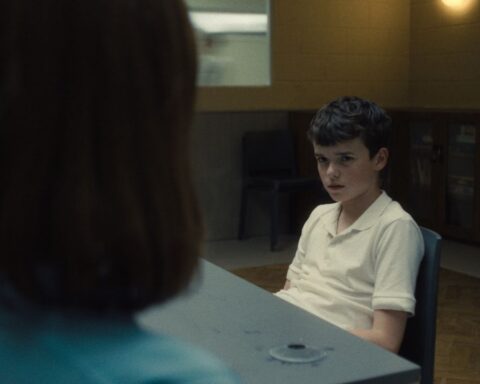
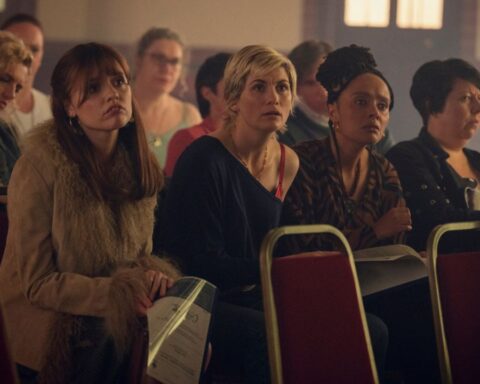
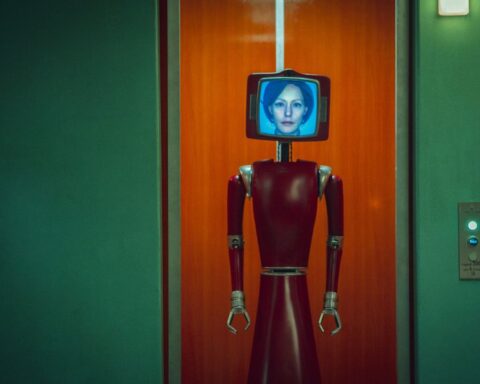
Follow Us